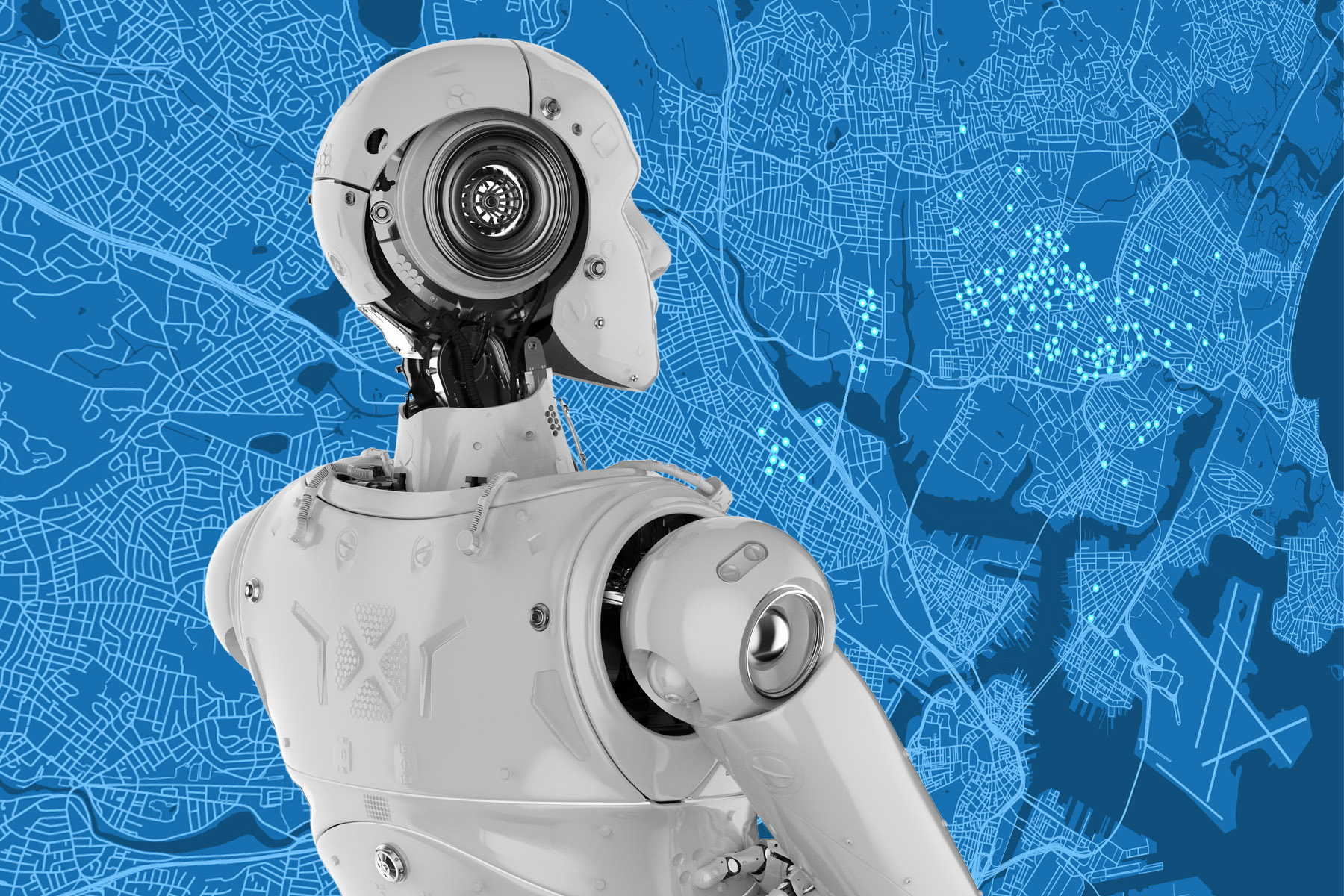a lot of doors over the years. I’ve been in politics for long: as a congressional intern, a field organizer, and a political staffer in the Boston mayor’s office (the above name is a pseudonym as I’m still involved in politics). Dealing with voters directly is the “ground game” of field organizing, built on contact between campaigns and voters.
Candidates, staffers, or volunteers knock on doors (canvassing), give would-be supporters a call (phone banking), or send a text reminding them to donate to a campaign or get out and vote (text banking). With 2024 promising to be a busy election year in the US—a lot of big issues and high stakes—it’s worth paying attention to these smaller connections. Volunteers and paid organizers who do the groundwork are the foot soldiers most campaigns rely on to win elections.

For less prominent but important offices at the local and state or provincial levels, the ground game can be the single most important factor in determining the victor. This reality is reflected in high-profile campaigns too. In 2016, senator Ted Cruz invested heavily in the Iowa caucus, engaging in old-fashioned campaigning on the ground.
He was rewarded with an unlikely win over his main rivals, including Donald Trump, the eventual nominee. And even with all the institutional advantages of his position, Trump and his campaign invested heavily in the 2024 New Hampshire primary, with a focus on the ground game. AI is already being used in innovative ways to .
















